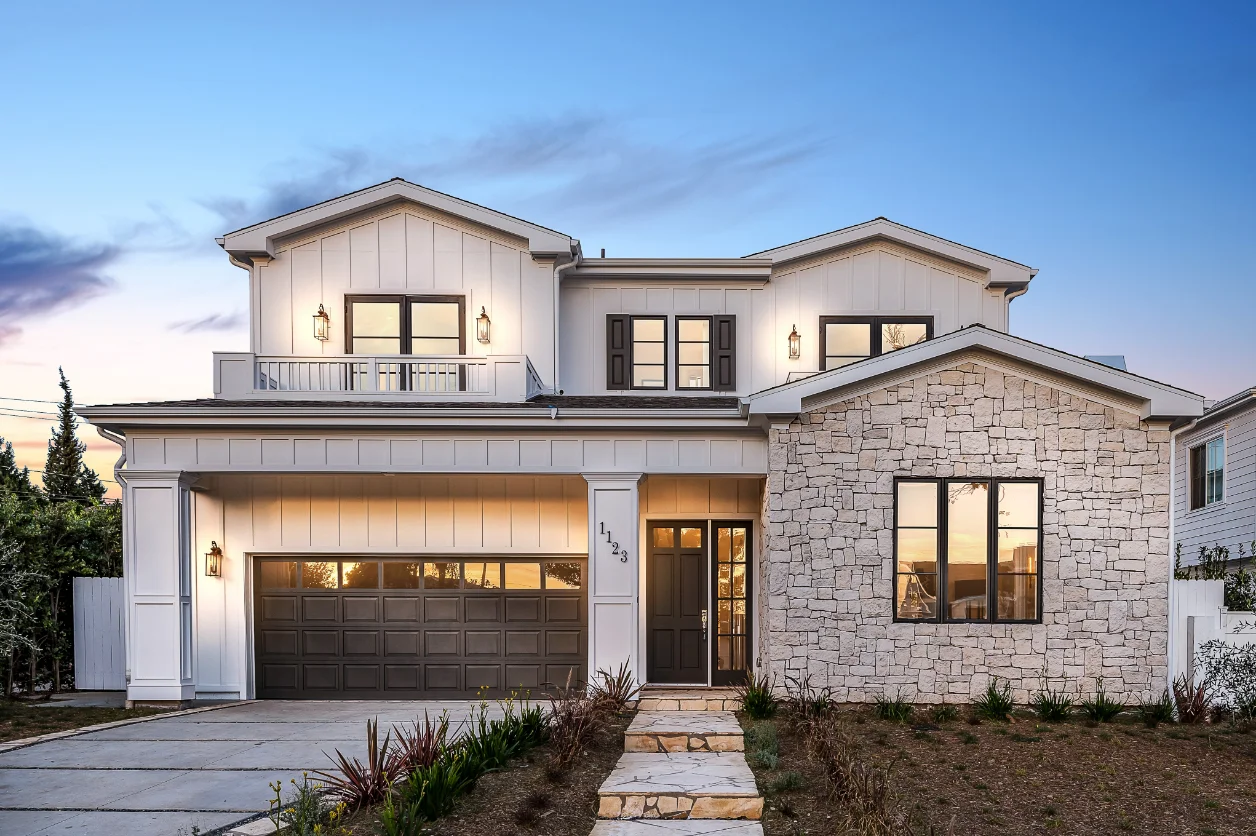
Finding out how to purchase commercial residential or commercial property isn't exactly like purchasing a single-family home. The experiences differ in more methods than one. The expenses, for example, can be high with industrial property, and it might be more difficult to secure financing. In addition, if you do not currently have occupants, then it's up to you to cover expenditures when the residential or commercial properties are vacant.
Not just that, but evaluation for commercial residential or commercial property is frequently difficult. It's usually harder to find equivalent residential or commercial properties for commercial real estate than property. Comparables are residential or commercial properties that are comparable in size, functions and area to the one you're seeking to purchase. Because comparables are harder to find, financiers should be cautious before acquiring industrial realty.

If you believe you're all set to purchase or invest in commercial genuine estate, there are a couple of steps you can take to prepare.
1. Define your inspiration
While purchasing commercial realty can be a rewarding investment, strategies tend to fall through if you do not have direction. If you wish to narrow down your motivation, consider asking yourself:
- What is a successful financial go back to me?
- Who do I hope to effect through my financial investment?
- What are my long-lasting and short-term objectives?
- Do I desire security for me and/or my household?
Buying business residential or commercial property for personal usage

Sometimes, financiers buy a residential or commercial property for personal usage. One method is the owner-occupied industrial property (OOCRE) investment method. In this case, the owner uses the residential or commercial property to conduct business operations.

OOCRE affords you tax benefits, like the capability to diminish and subtract yearly interest on the loan. In addition, owning the residential or commercial property allows you to develop equity, which implies you can offer it for more later. Or you can continue using the residential or commercial property as an income stream through leasing. Managing the residential or commercial property on-site and controlling the renter selection is a lot easier.
However, more expenses may fall in your lap, such as residential or commercial property repairs and routine upkeep. Conflicts of interest can also develop, making it challenging to gather lease.
Before buying industrial residential or commercial property for individual use, check zoning laws. Certain restrictions might apply to business real estate residential or commercial properties, like office complex or other commercial-designated spaces.
Buying business residential or commercial property for financial investment functions

Buying an industrial building as a financial investment residential or commercial property includes its perks. Commercial residential or commercial property returns vary between 9% and 12% every year; that's greater than the average for single-family homes (which is usually around 10%). There are also tax benefits, cash circulation opportunities and equity appreciation when you buy industrial residential or commercial property.
Investors use a variety of strategies depending upon their financial goals and the general timeline. Here are some of the most typical genuine estate investing techniques:
Land banking: This is the procedure of buying and holding land. Investors do this to safeguard and grow their cash, because it gets tied to a physical and set possession. They may sell the land or establish it in the future.
Development: A financier buys raw land to build on. The direction of advancement, like condos versus business, depends upon zoning laws.
Fix and turn: This technique involves buying residential or commercial property, refurbishing it and after that reselling it for a revenue. Investors typically purchase poorly kept land at a discount.
Wholesaling: This is a short-term realty investing strategy where the wholesaler buys a contract from a residential or commercial property seller, usually listed below market price. Then, the wholesaler sells or appoints the agreement to an interested purchaser.
BRRRR: This acronym represents Buy, Rehab, Rent, Refinance, Repeat. Essentially, it's a passive earnings method that involves turning a residential or commercial property to lease to tenants. Once the owner pays the mortgage and builds equity, they can refinance to fund future property investments.
Passive investing: This method is for investors who don't wish to be directly included. Instead, they put capital into a realty offer through the stock exchange, crowdfunding or partnering with a more active investor.

2. Secure funding from a loan provider
Finding a lending institution for your business residential or commercial property early on is essential. But compare a number of loan providers before you pick one. While you want to secure financing, you ought to guarantee you're getting what you require for your financial investment. Inquire about possible charges and if there are any charges for paying the loan off early.
Consider the loan-to-value (LTV) ratio, or just how much the lending institution wants to loan you, and whether they request for security. It is very important to note that an option loan lets the lender go after extra individual properties if you default. Whereas a nonrecourse loan just offers them the option to seize agreement-specific collateral.
As you dispute buying an industrial residential or commercial property, you may question your lending options. Some of the most typical are irreversible loans - which are long-term loans given after a residential or commercial property has actually been constructed - FHA loans, SBA loans, swing loan and tough money loans. It is essential to keep in mind that Rocket Mortgage ® doesn't provide industrial residential or commercial property funding.
3. Hire a team of trusted professionals
Everyone needs to start somewhere, but first-time financiers shouldn't begin alone. It's much better to have people with experience and understanding in your corner. That method, the process moves smoothly and efficiently, which will conserve cash in the long run. Some experts you may wish to believe about employing include:
REAL ESTATE AGENT ®: A commercial realty real estate agent ® normally goes through more training than a domestic real estate agent ® and requires particular degrees, like service or finance. They aid with lots of obligations, such as researching prospective residential or commercial properties or working out terms for their clients.
Attorney: A professional property lawyer conserves you time closing on a deal, secures your interests throughout negotiations and assists you understand appropriate laws. They can also get you much better pricing and ensure the contract is legitimate.
Accountant: An accounting professional deals with the financial side of things, preparing budget plans, producing month-to-month reports and producing any needed declarations for tax purposes.
Mortgage broker: A mortgage broker matches you with the very best loan provider for your requirements. They can submit numerous loan applications to increase your approval possibilities and find better prices.
Contractor: These professional construction employees or companies supervise the website, products and more throughout the course of the job. They may likewise include a group of specialized interior designers.
Residential or commercial property supervisor: This specific supervises the residential or commercial property and takes care of tenants. Residential or commercial property supervisors also help with or deal with repairs in the building. Other responsibilities consist of collecting rent, working with contractors and conference with potential customers.





